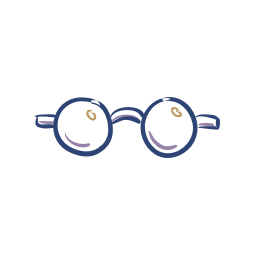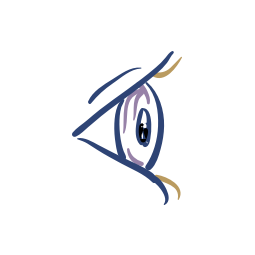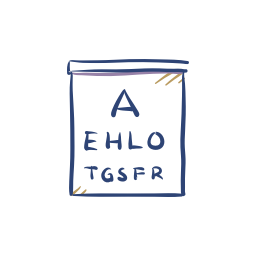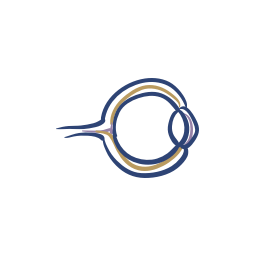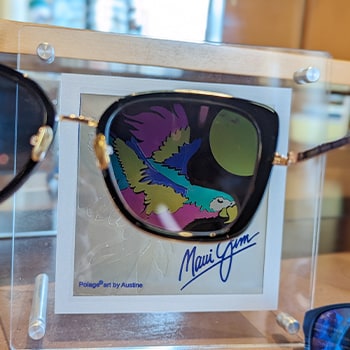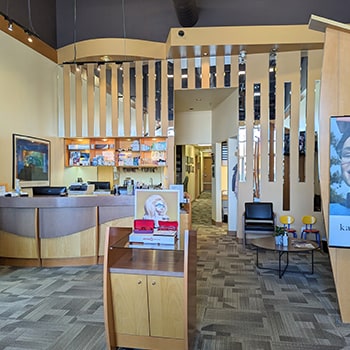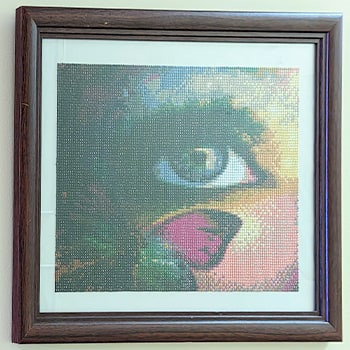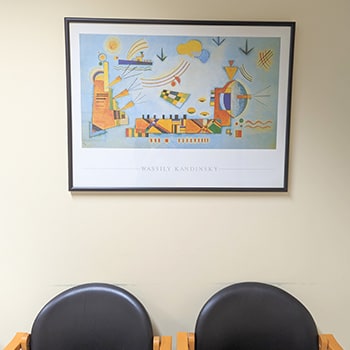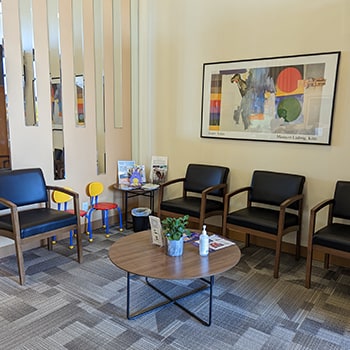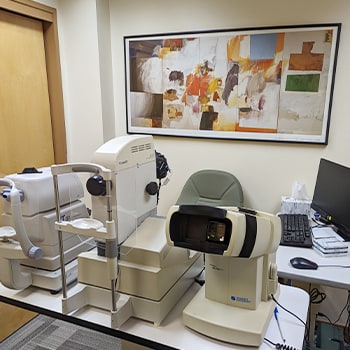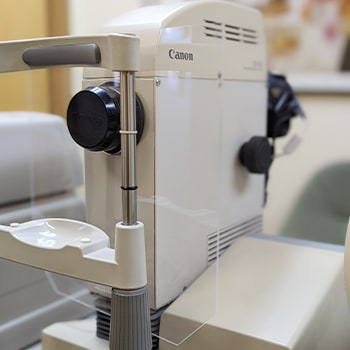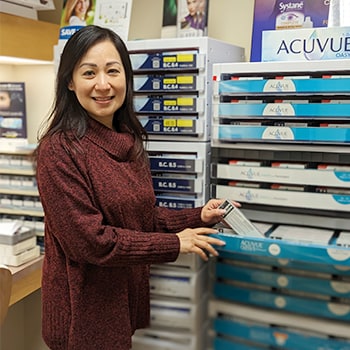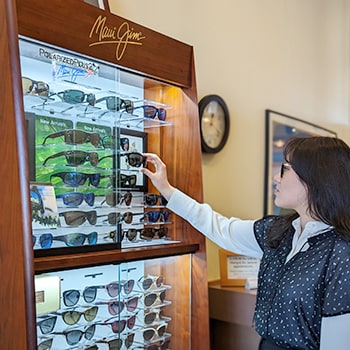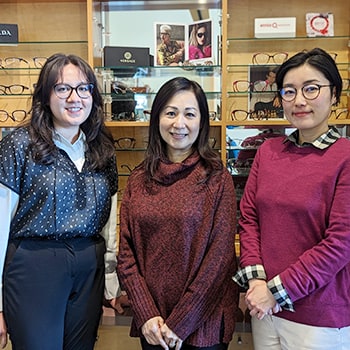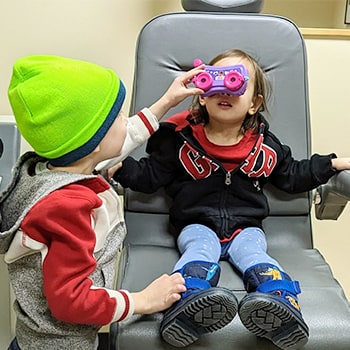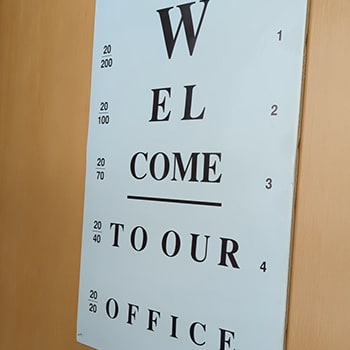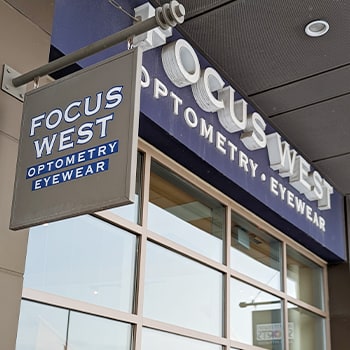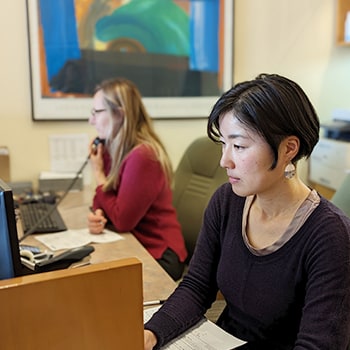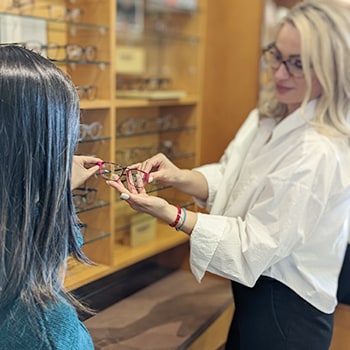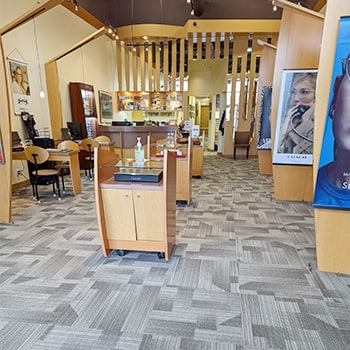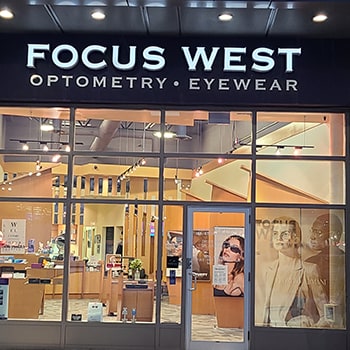Focusing on Your Family
It’s never too early to focus on your children’s eye health and vision. Their sense of sight is important at every age and every stage of development.
Not to worry if your child is nervous for their eye exam. Our optometrists are experienced with children and can put them at ease. Many kids even think their eye exams are fun! And, if your child does need glasses, we offer a wide selection of colours and styles that will make them smile—in durable materials that will make you smile too!
Book their appointment today to set them up for success—and a lifetime of healthy vision.
Book AppointmentWhen Do Children Need Eye Exams?
The Canadian Association of Optometrists recommends that children have exams at the following intervals:
- A comprehensive exam to establish a baseline between the ages of 6 and 9 months
- Another comprehensive exam as they grow and develop between the ages of 2 and 5
- Annual, comprehensive exams from age 6 and continuing until adulthood
Proper vision is essential for children’s success—in life and in academics. Beyond just seeing what’s in front of them at school, visual skills are needed for social, cognitive, and motor skill development.
Book their eye exam today!
Valuable Visual Skills
Children aren’t born with the visual skills they need—they develop them over time, just like they develop the ability to walk and talk.
Good visual skills are essential to learning. Approximately 80% of what children learn happens through their vision. Whether it’s reading, interacting with other kids, throwing a ball around outside, or seeing what the teacher writes on the board, eyesight is involved.
If you want to set them up for success, it’s essential that visual skills are developing normally. Children who start school with undiagnosed vision problems may struggle to keep up in class. They may be misdiagnosed with ADHD or another behavioural disorder.
Undiagnosed vision problems can also lead to:
- Learning at a slower rate than their peers
- Behavioural and disciplinary problems
- Higher risk of dropping out of school
Stages of Sight
There are many milestones in a baby's visual progression. Here's what to expect at some important stages:
- Birth to 1 Month: Your baby should be staring at bright lights or faces, albeit for a short period.
- 1 to 3 Months: They'll begin to look toward sounds and follow objects horizontally.
- 3 to 5 Months: Babies begin to reach for objects and see differences between colours.
- 5 to 7 Months: Hand-eye coordination will begin to develop, and your baby should start looking at distant objects.
- 7 to 12 Months: Depth perception, focusing, and other visual skills should be developed, and your baby might begin to copy facial expressions they see.
As children get older, you can help encourage their healthy visual development by playing look-and-find games like Where's Waldo, doing word searches and maze games together, and limiting their screen time.
To ensure your child is developing visual skills at the appropriate pace, be sure to bring them in for comprehensive eye exams.
How Do I Know If My Child Needs Glasses?
If they are experiencing a vision issue, children are often unable to articulate the problem—they might not even know there is a problem. Unlike adults, children have not established a baseline of what proper vision looks like for them.
Bringing your child for regular eye exams can help establish that baseline. We can help detect any vision problems early on. Book their appointment today!
Book AppointmentCome Visit Us
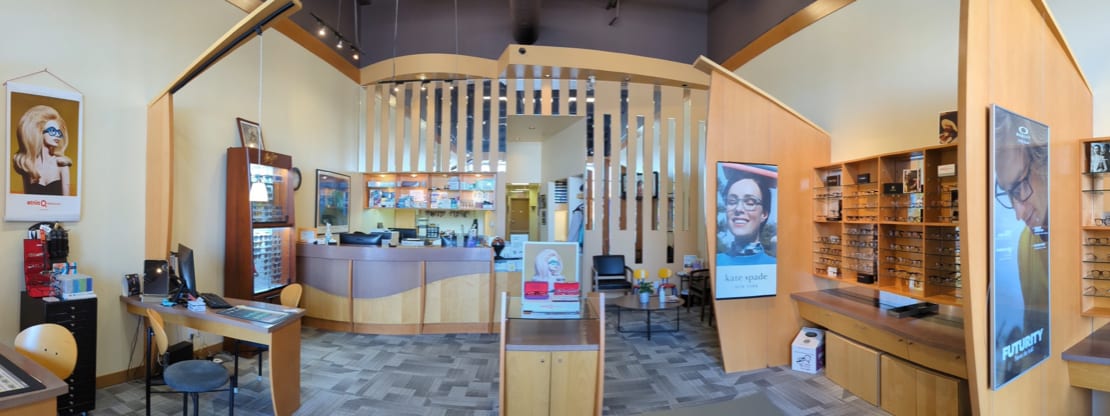
Our Address
- 268 Stewart Green SW
- Calgary, AB T3H 3C8
Contact Information
- Phone: 403-217-3322
- Email: [email protected]
Hours of Operation
Hours
- Monday: 9:00 AM – 5:00 PM
- Tuesday: 9:00 AM – 7:00 PM
- Wednesday: 9:00 AM – 7:00 PM
- Thursday: 9:00 AM – 7:00 PM
- Friday: 9:00 AM – 5:00 PM
- Saturday: 10:00 AM – 3:00 PM
- Sunday: Closed
Our Brands


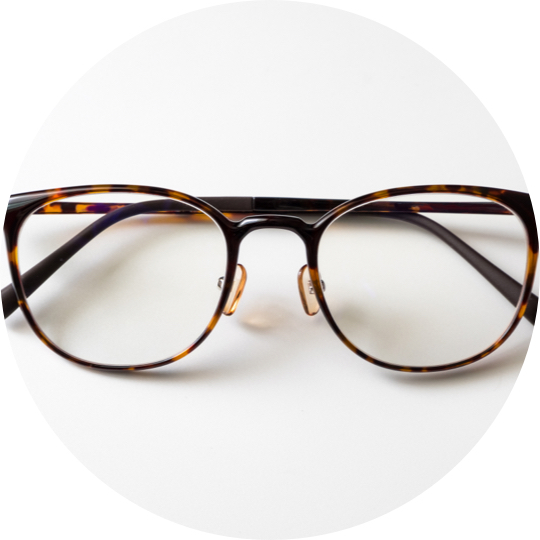
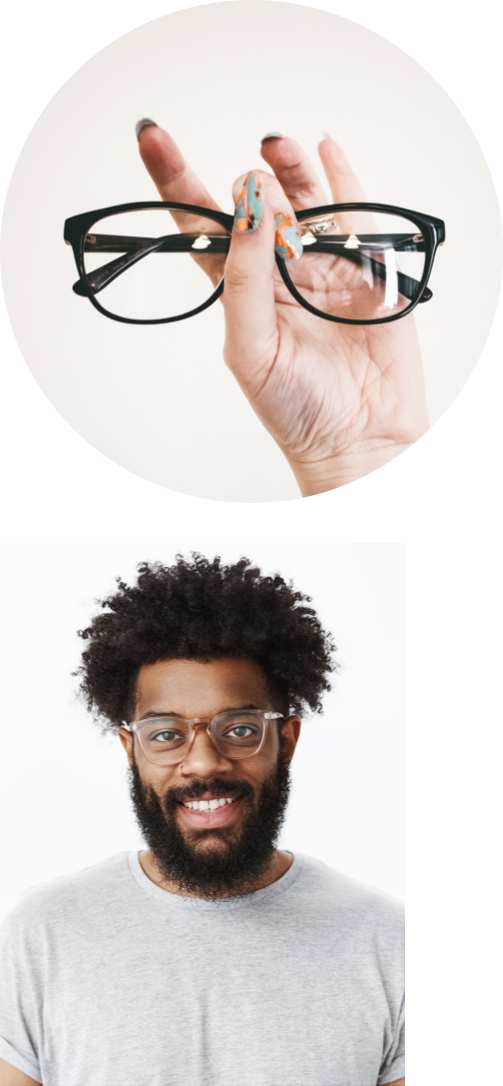
Our Google Reviews
Our Blogs
How Often Should a Child Get an Eye Exam?
Eye HealthBeing present in your child’s learning and development includes taking a proactive step in safeguarding their vision and ocular health. Children are encouraged to have an eye exam once a year until 19 years of age. Children are also recommended to have an eye exam at the following times: The provincial government recognizes the importance […]
How Often Should a Child Get an Eye Exam?
UncategorizedBeing present in your child’s learning and development includes taking a proactive step in safeguarding their vision and ocular health. Children are encouraged to have an eye exam once a year until 19 years of age. Children are also recommended to have an eye exam at the following times: The provincial government recognizes the importance […]
How Often Should You Use Eye Drops for Dry Eyes
Dry Eye TreatmentDry eyes are a common condition that can significantly impact daily life, causing discomfort, irritation, and even vision problems. One of the most accessible treatments for dry eyes is eye drops. But how often should you use eye drops for effective relief and eye health? As a general guideline, you can use preservative-free artificial tears […]
How Often Should a Child Get an Eye Exam?
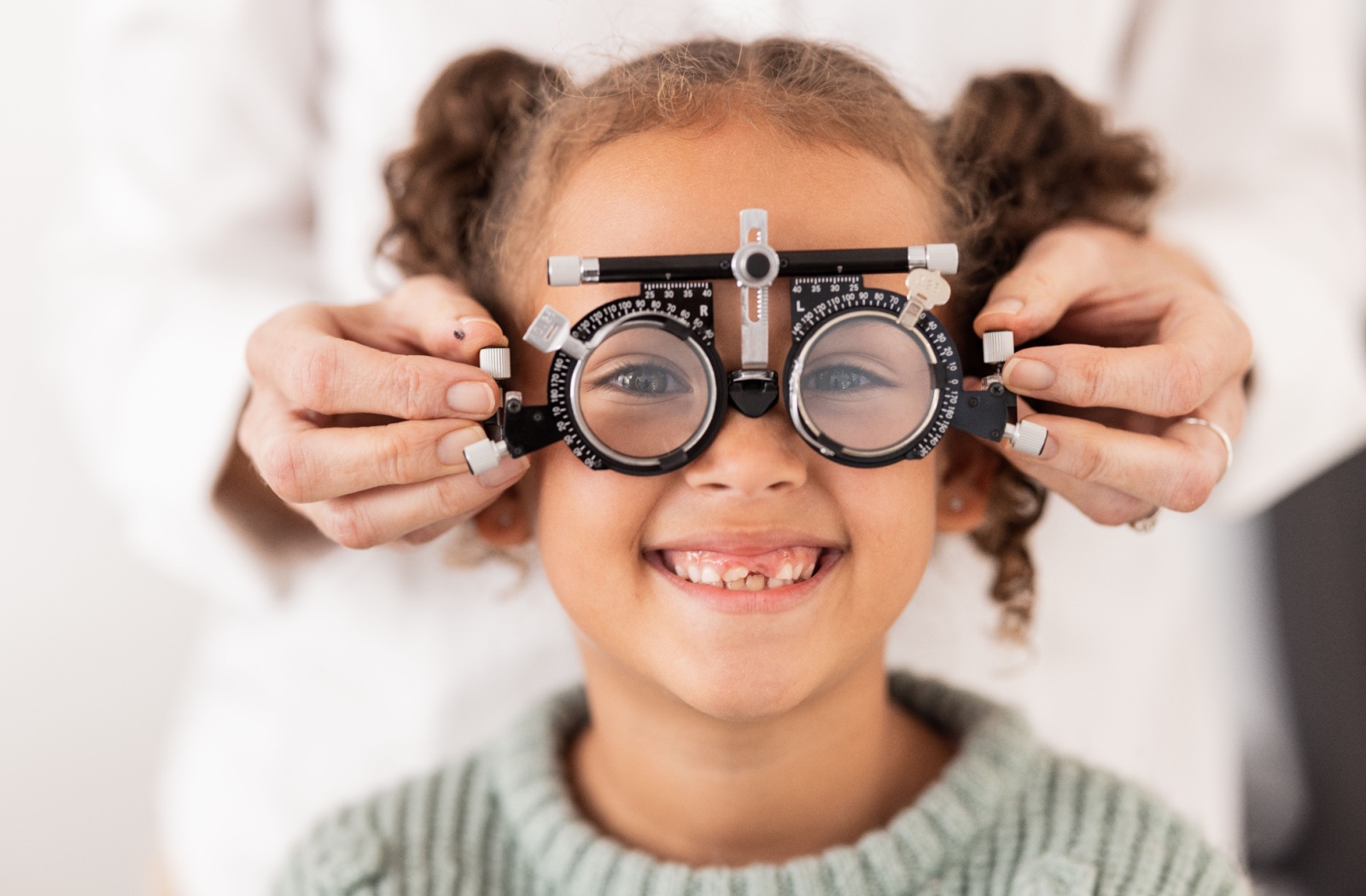
Being present in your child’s learning and development includes taking a proactive step in safeguarding their vision and ocular health. Children are encouraged to have an eye exam once a year until 19 years of age. Children are also recommended to have an eye exam at the following times: The provincial government recognizes the importance […]
How Often Should a Child Get an Eye Exam?
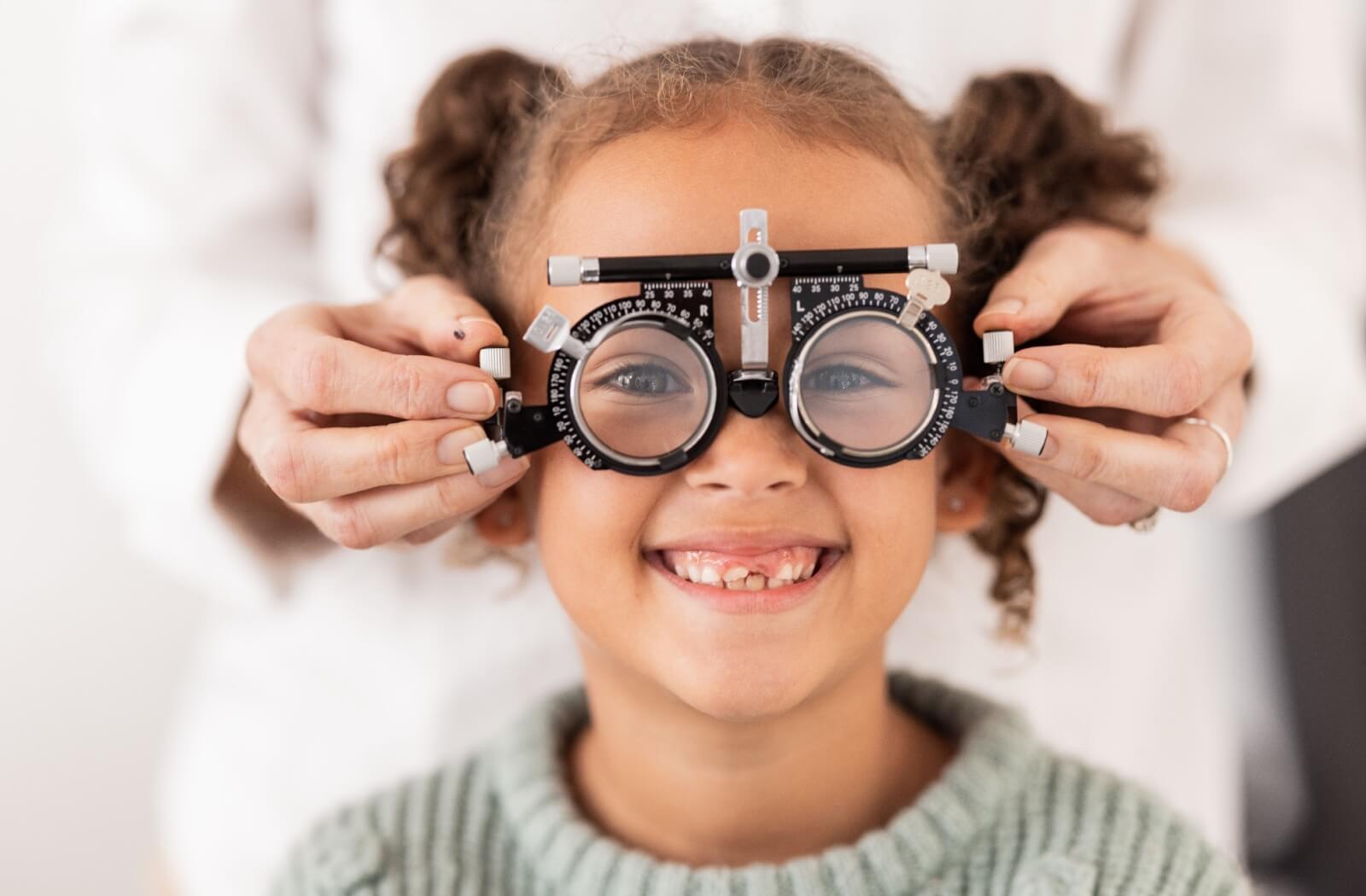
Being present in your child’s learning and development includes taking a proactive step in safeguarding their vision and ocular health. Children are encouraged to have an eye exam once a year until 19 years of age. Children are also recommended to have an eye exam at the following times: The provincial government recognizes the importance […]
How Often Should You Use Eye Drops for Dry Eyes
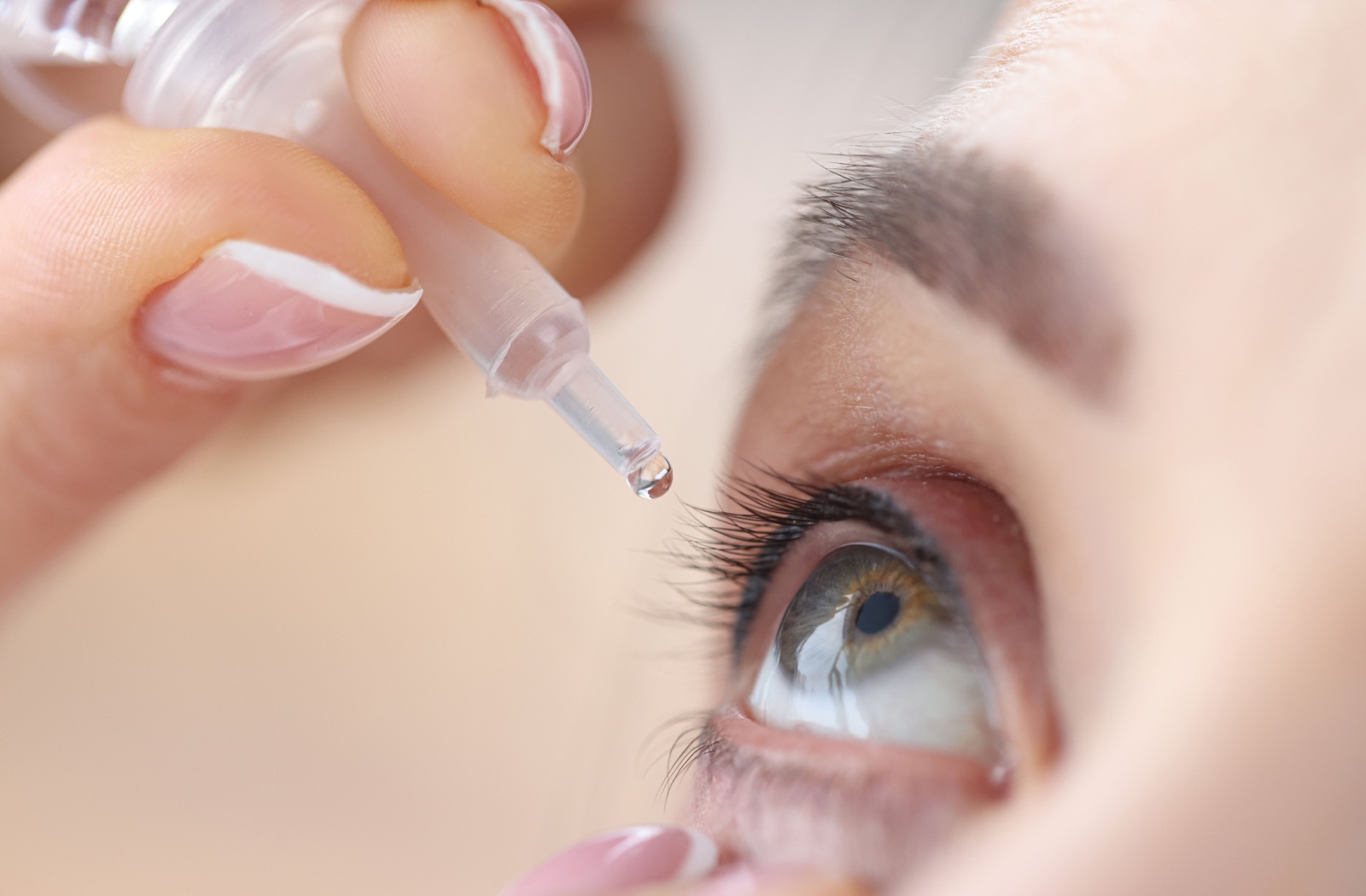
Dry eyes are a common condition that can significantly impact daily life, causing discomfort, irritation, and even vision problems. One of the most accessible treatments for dry eyes is eye drops. But how often should you use eye drops for effective relief and eye health? As a general guideline, you can use preservative-free artificial tears […]


